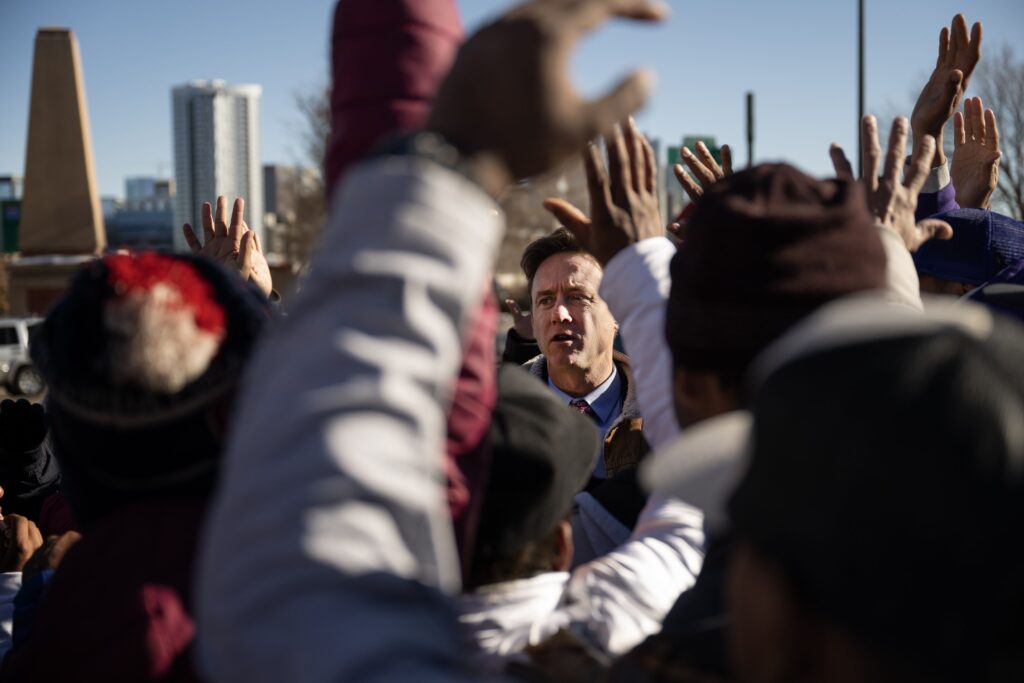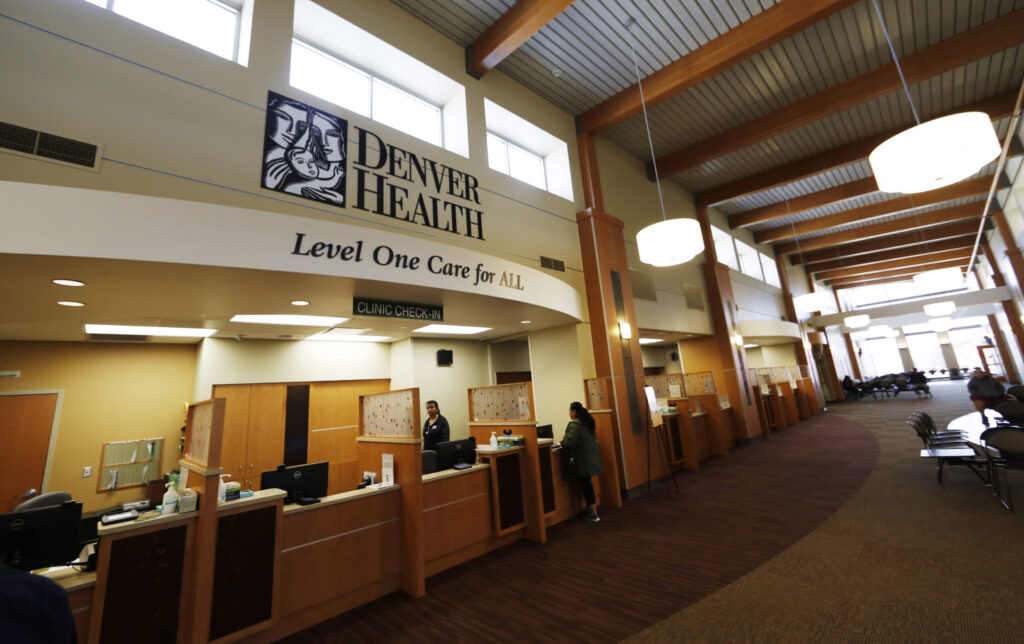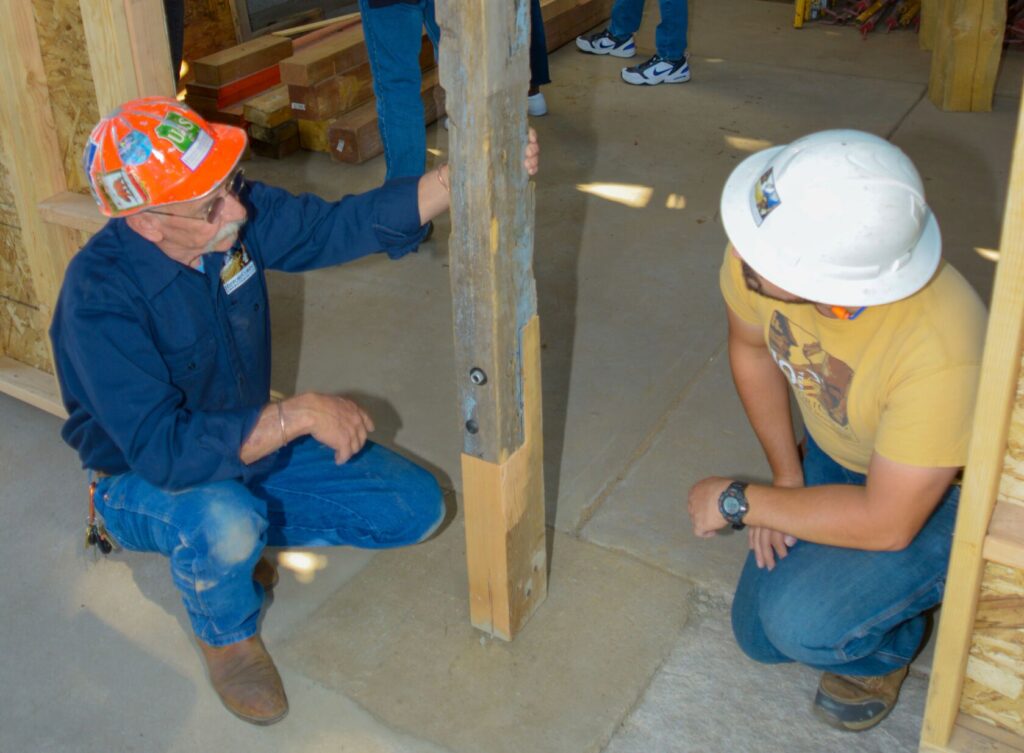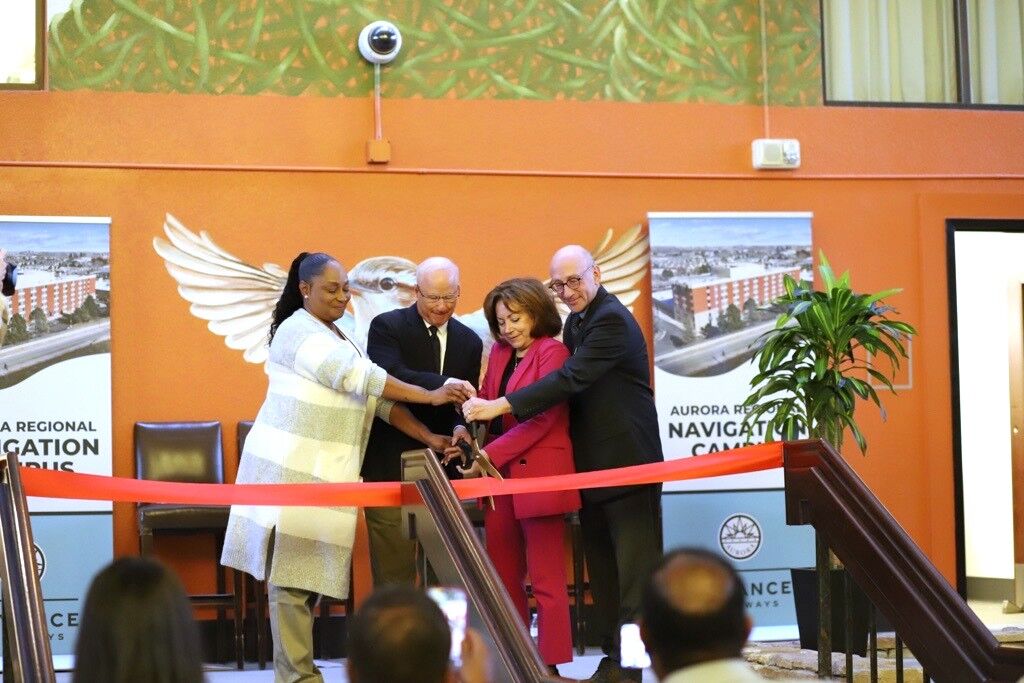Backers of repeal of Colorado’s national popular vote law expect to make the ballot
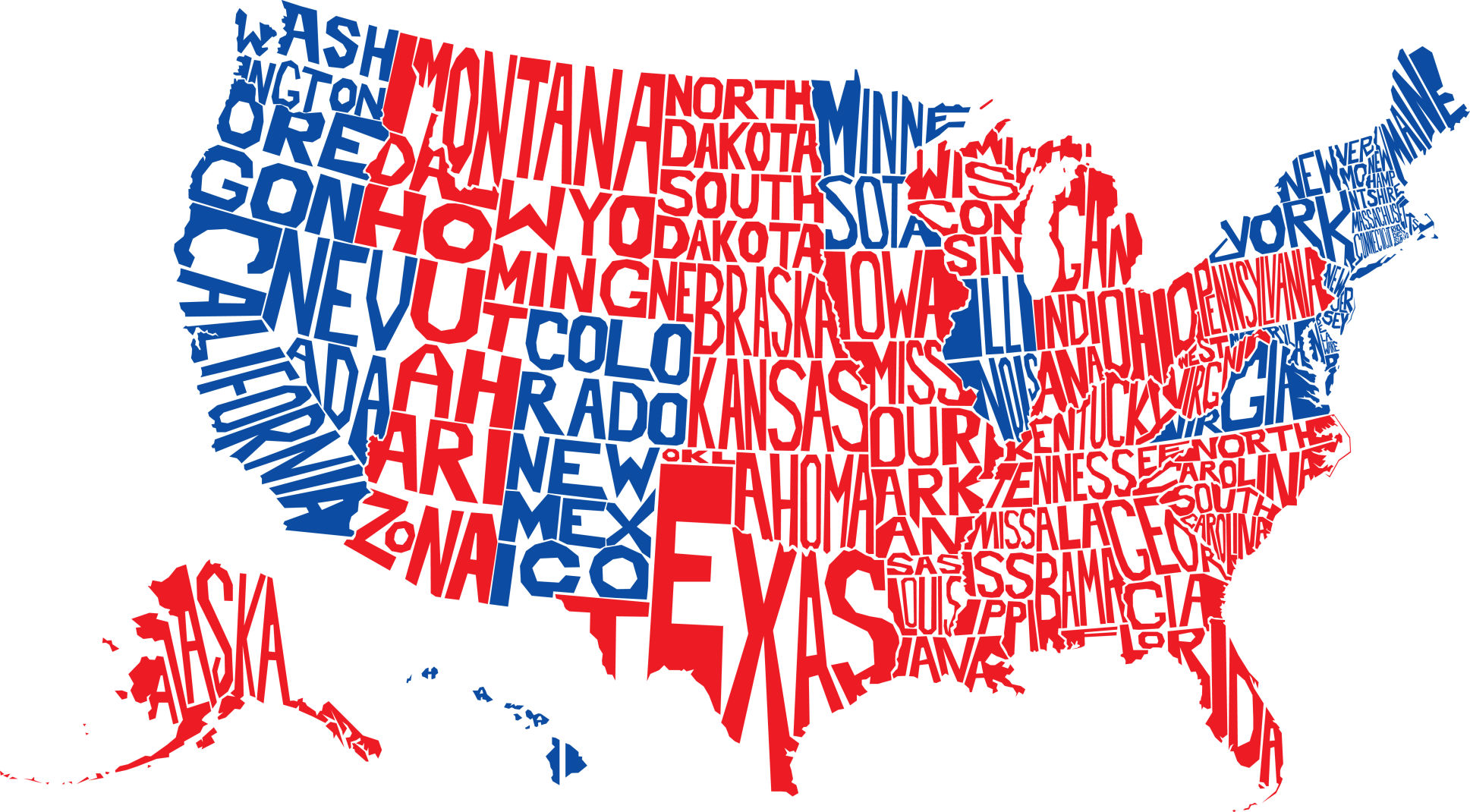
A citizens’ campaign to undo a new Colorado law that would pledge the state’s presidential electoral votes to the national popular vote winner says it has easily surpassed the number of signatures required to put the law before voters next year.
If certified for the 2020 ballot, the referendum could mark the first time a state has joined what’s called the National Popular Vote Interstate Compact, only to have it challenged at the ballot box, backers and opponents say.
The compact would take effect if states with a collective 270 electoral votes – the number needed to win the presidency – agree to join. Including Colorado’s nine electoral votes, the 15 states and District of Columbia that now belong to the compact have a total of 196 votes.
Colorado’s electoral votes currently are cast for whoever wins the popular vote in the state.
The Coloradans Vote campaign must submit more than 124,000 valid voter signatures to the secretary of state’s office to get the repeal measure on next year’s ballot. Organizers said Wednesday they had more than 227,000 signatures, which they plan to turn in Thursday.
“People’s votes are really personal to them. They want to make sure those votes are protected,” said Rose Pugliese, a GOP commissioner from Mesa County who led the drive with Don Wilson, Republican mayor of the Front Range city of Monument.
Compact opponents say it subverts an electoral college process designed to ensure that smaller states aren’t trampled when it comes to choosing a president. They wasted no time in Colorado, collecting their first signatures the morning after Democratic Gov. Jared Polis signed the Democrat-sponsored bill into law in March.
Coloradans Vote received state GOP support as well as hundreds of individual donations. Pugliese said it involved activists of all political stripes – and pointed out that ex-Gov. John Hickenlooper, a Democratic presidential candidate, opposes changing the way a president is elected.
Pugliese also sought to distinguish the drive from several ongoing and potential GOP-inspired recall campaigns against Polis and Democratic lawmakers who easily captured Colorado’s legislature and all statewide offices last fall.
Those recall petitions commonly cite support for the popular vote law as a reason for recall, but Pugliese said her campaign focused exclusively on the law itself, which was passionately opposed by minority Republicans in the General Assembly.
The National Popular Vote campaign was launched after Democrat Al Gore won the popular vote but lost the 2000 election to Republican George W. Bush when electoral votes were tallied.
The compact movement gained steam among red states after Democrat Hillary Clinton’s 2016 presidential loss to Donald Trump despite her winning the national vote.
Colorado Republicans argue the compact would compel candidates to bypass smaller, rural, often Republican-leaning states during their campaigns. Democrats – including Colorado Secretary of State Jena Griswold, who oversees state elections – argue it would force presidential candidates to fight for votes in more states, including solidly red states such as Texas and solidly blue states such as California.
Colorado, Delaware, New Mexico and Oregon joined this year, and there are no organized anti-popular vote movements in those states.
The campaign suffered a defeat in Nevada, where Democratic Gov. Steve Sisolak vetoed a measure in May supported by Democrats.
Sisolak said the measure could “force Nevada’s electors to side with whoever wins the nationwide popular vote, rather than the candidate Nevadans choose.”
The League of Women Voters of Colorado is gearing up to defend Colorado’s law, chapter president Ruth Stemler said.
“We just feel that overturning this law would be bad for voters and for our democracy,” she said. “In every other election, the person who wins the most votes wins the election.”
–
–
–
–
–



